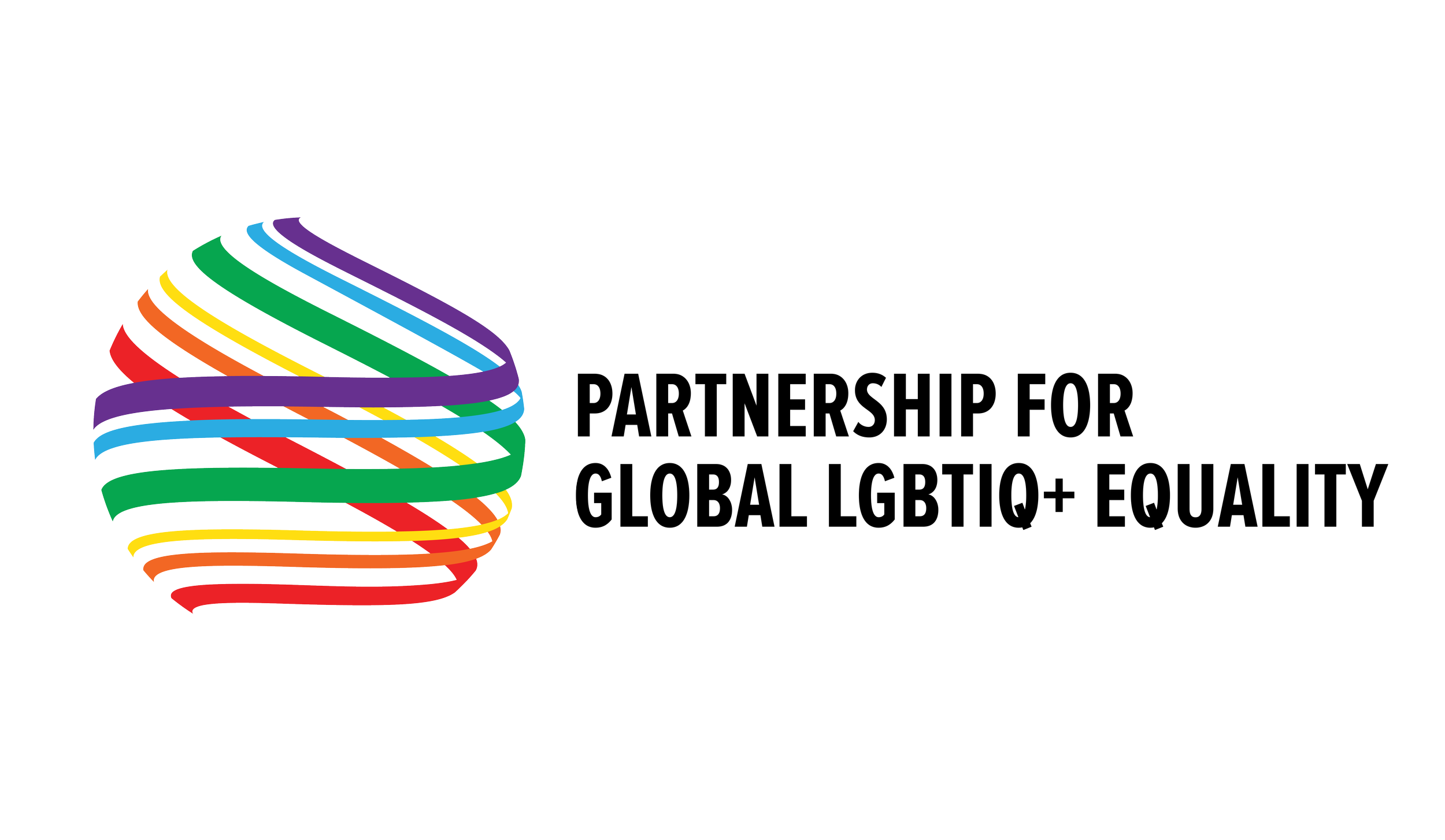PGLE Statement on the Anti-Homosexuality Bill of Uganda
As a coalition of organizations committed to accelerating LGBTIQ+ equality and inclusion globally, the Partnership for Global LGBTIQ+ Equality (PGLE), expresses its deep concern over the Anti-Homosexuality Bill in Uganda and calls on President Yoweri Museveni to veto any form of the legislation that Uganda’s parliament sends to him to assent.
LGBTI supporters demonstrate outside the Ugandan High Commission in London on 8 January 2014 © Demotix
Uganda’s Anti-Homosexuality Bill, which has been sent to President Museveni for assent, is one of the most extreme anti-LGBTIQ+ laws in the world, and has been described by United Nations experts as “an egregious violation of human rights”. It would introduce penalties of up to 20 years of jail for supporting LGBTIQ+ people or organizations, or “normalizing” sexual and gender diversity. The Bill would also impose the death penalty for consensual same-sex sexual activity in certain circumstances, and a requirement on people to report anyone they believe they might be LGBITQ+.
On 2 May, President Museveni was presented with a second version of the Bill to sign into law, having returned an earlier draft to the parliament of Uganda “with proposals for its improvement”. The amendments made were minimal. Under the Ugandan Constitution, the President has 30 days within which to either sign the legislation into law, return it again to the parliament for revisions, or veto it. It may, however, pass into law without the President’s assent if he returns it to parliament a second time.
PGLE has a number of concerns about the legislation, its impacts on the LGBTIQ+ community and their friends, family and allies in Uganda, as well as the ability of businesses to respect the rights of LGBTIQ+ people in the country:
First, the legislation would be a clear breach of international human rights law, violating the rights to non-discrimination, freedom of expression, privacy, association, peaceful assembly, and others, all of which are guaranteed under Uganda’s constitution and in international and regional human rights law. It would also impact the right to health, stigmatizing people living with HIV/AIDS, and jeopardizing the work of health authorities and HIV/AIDS-focused organizations in their fight against the virus in Uganda.
Second, it will harm economic growth in Uganda, deterring tourism, risking economic investment from governments, investors and businesses, and damaging Uganda’s international reputation. Economies thrive when everyone is included in the economy and in society. Equality and non-discrimination are also good for business, ensuring that people thrive in the workplace, helping companies attract talent and customers, and increasing opportunities for growth.
Third, it puts businesses operating in Uganda at risk of contributing to the human rights violations listed above, potentially forcing employers to violate their own values of diversity and inclusion, as well as employee safety and productivity, by informing the authorities of LGBTIQ+ individuals in the workforce and preventing businesses from providing support to LGBTIQ+ employees. This would stand in clear violation of the UN Guiding Principles on Business and Human Rights which expect governments to ensure a regulatory environment which enables and encourages businesses to respect human rights, not to require them to contribute to violations of human rights.
For these reasons, the Partnership for Global LGBTIQ+ Equality (PGLE), calls on President Yoweri Museveni to veto the Anti-Homosexuality Bill.

